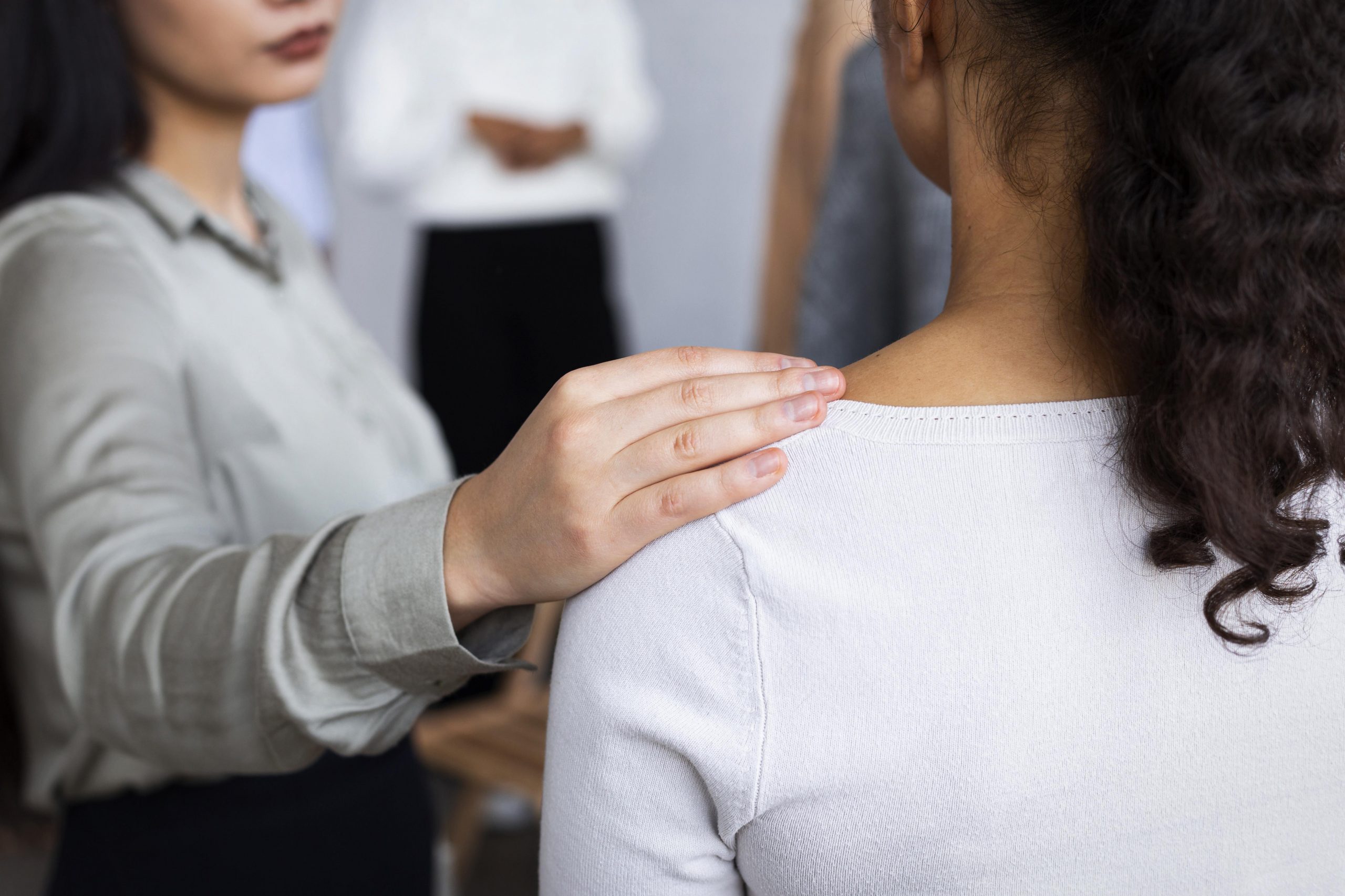Kingston University wellbeing services had nearly twice as many calls for help, compared with 2019, according to our exclusive research.
Demand reached its peak last academic year with approximately 757 students contacting the mental health team – almost double the 398 students in 2019-20.
A former psychology student at Kingston University, who dropped out as a result of her poor mental health, described her experience: “I felt down and stressed out. I was overwhelmed and tired when I hadn’t done anything all day.
“I always felt so drained, so I didn’t do much with my days. However, that would make me feel guilty if I didn’t do any work. It was a vicious cycle.”
The rise in students needing support with mental health challenges is not unique to Kingston. A 2022 survey by Student Minds found that 57% of students had a self-reported mental health issue and 27% said they had a diagnosed one. And the problem is getting worse. Data from the Higher Education Statistics Agency showed that 119,500 students said they had a mental health issue in 2022 – this was three and a half times the number in 2014-15.
The former psychology student said: “I felt there was pressure that university had to be the best years of my life. I thought I had to be very sociable which didn’t come naturally for me.
“I also felt like it was meant to help me with my future, so I wanted to continue. In the end, I just really didn’t enjoy it or the pressures around it and found it too much.”
However, there is help available. A second year student, who contacted the University for counselling, said: “I went to talk about my past experiences before university. I struggled with transitioning to a new environment and I didn’t feel empathetic towards anything.”
He was referred for six sessions of face-to-face counselling after signing up to the online support service. “It was very accessible; I was able to sign up and they called me at a time that suited me. It genuinely changed me for the better. It gave me a more enlightened look on myself and my personal experiences.”
He further explained that the six sessions were enough to help him sort out his problems and get back on track. He no longer takes counselling sessions with Kingston.
The University currently offers a range of free support services to students. These vary from online appointments to face-to-face ones. They also have a social group which runs weekly to help students meet and socialise. Free counselling at Kingston University is offered and includes up to six sessions lasting 50 minutes.
In a statement about the increase of students using these services, a Kingston University spokesperson said: “A number of factors have contributed to an increase in demand for student counselling services, including the ongoing impact of the Covid-19 pandemic, the cost of living crisis and greater prominence and awareness of mental health issues in the media.
“The spokesperson continued to say that the health and wellbeing of students remains one of Kingston University’s top priorities and that they are committed to creating a supportive and inclusive environment where students are provided with a range of services to help them succeed whilst they study.
“Students are able to access a wide range of mental health and wellbeing services through the Student Wellbeing Hub.”

